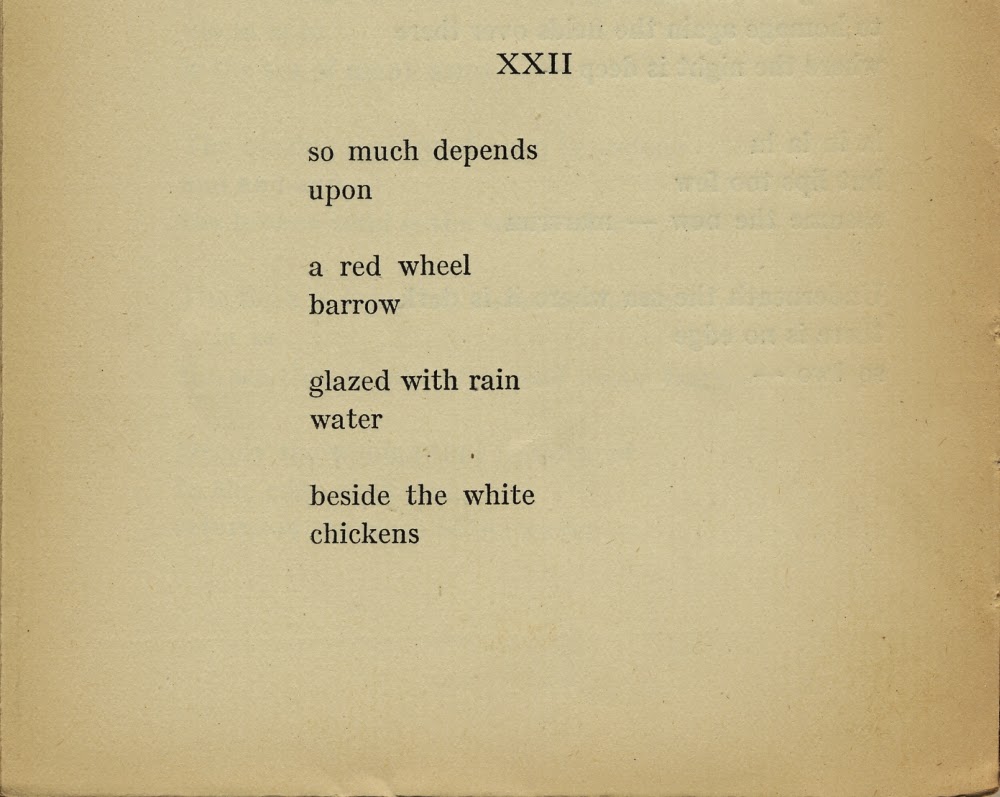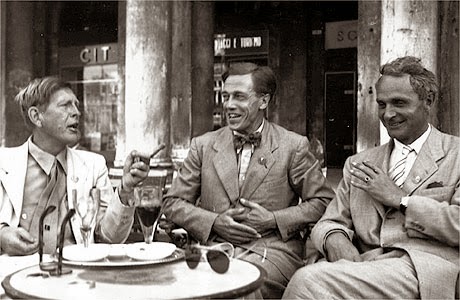MARGARET ATWOOD
(1939 - )
Margaret Eleanor Atwood was born in Ottawa, Ontario, November 18, 1939. Her father was a zoologist. Due to the job of her father, who was doing researches in forest entomology regularly in the backwoods of northern Quebec, the whole family had to accompany him, and thus Margaret did not attend school for a full academic year until the eighth grade. But she read constantly and eclectically, everything from the classics to comic books. The whole family finally moved to Toronto in 1946, and following high school Margaret Atwood entered Victoria College at the University of Toronto in 1957.
 In her several endeavors Margaret Atwood has been exceptionally original and influential for over five decades, attaining the stature, now very rare, of all-around person of letters. Equally unusual for a contemporary author, she has been not only prolific in multiple genres but highly proficient in each of them, gaining a huge popular audience while garnering the respect of serious critics and scholars. Although she is more famous for her fiction, Atwood began as a poet (like Aldous Huxley, to put an example) and so she has remained. Well into the eighties she brought out superb poetry collections at two- or three-year intervals between her probing novels, along with important anthologies ande collections of her own short stories, nonfiction, or literary criticism. Margaret Atwood is particularly adept at portraying situations of conflict from the perspective of a female protagonist, and her lines more with propulsive force toward dramatic conclusions.
In her several endeavors Margaret Atwood has been exceptionally original and influential for over five decades, attaining the stature, now very rare, of all-around person of letters. Equally unusual for a contemporary author, she has been not only prolific in multiple genres but highly proficient in each of them, gaining a huge popular audience while garnering the respect of serious critics and scholars. Although she is more famous for her fiction, Atwood began as a poet (like Aldous Huxley, to put an example) and so she has remained. Well into the eighties she brought out superb poetry collections at two- or three-year intervals between her probing novels, along with important anthologies ande collections of her own short stories, nonfiction, or literary criticism. Margaret Atwood is particularly adept at portraying situations of conflict from the perspective of a female protagonist, and her lines more with propulsive force toward dramatic conclusions.Margaret Atwood's early poetry, well represented in her Selected Poems 1965-1976 (1976), is probably her strongest and remains fresh: continually surprising both for bold ideas and vigorously inventive use of language. Margaret Atwood published a great deal of poetry books but her accomplishments as a poet began to be eclipsed by the acclaim that followed the publication of some of her novels: Life Before Man (1976), Bodily Harm (1981), and the extremely successful The Handmaid's Tale (1985), a grim vision of the future, in a Orwellian or Huxleyan manner. The next decades Margaret Atwood's output in poetry diminished in quantity, and was sometimes of uneven quality compared with the superlative earlier work. Following the Selected Poems of 1976, she published Two-Headed Poems (1978), True Stories (1981), Interlunar (1984), Selected Poems II: Poems Selected and New 1976-1986 (1987), Morning in the Burned House (1996), Eating Fire: Selected Poems, 1965-1995 (1998), and The Door (2007). Among the many international acclaim, she was given the Prince of Asturias Award for Literature in 2008.
HABITATION
Marriage is not
a house or even a tent
It is before that, and colder:
the edge of the forest, the edge
of the desert
the unpainted stairs
at the back where we squat
outside, eating popcorn
the edge of the receding glacier
where painfully and with wonder
at having survived even
this far
we are learning to make fire
FROM SONGS OF THE TRANSFORMED
PIG SONG
This is what you changed me to:
a greypink vegetable with slug
eyes, buttock
incarnate, spreading like a slow turnip,
a skin you stuff so you may feed
in your turn, a stinking wart
of flesh, a large tuber
of blood which munches
and bloats. Very well then. Meanwhile
I have the sky, which is only half
caged, I have my weed corners,
I keep myself busy, singing
my song of roots and noses,
my song of dung. Madame,
this song offends you, these grunts
which you find oppressively sexual,
mistaking simple greed for lust.
I am yours. If you feed me garbage,
I will sing a song of garbage.
This is a hymn.
There is nothing to be afraid of,
it is only the wind
changing to the east, it is only
your father the thunder
your mother the rain
In this country of water
with its beige moon damp as a mushroom,
its drowned stumps and long birds
that swim, where the moss grows
on all sides of the trees
and your shadow is not your shadow
but your reflection,
your true parents disappear
when the curtain covers your door.
We are the others,
the ones from under the lake
who stand silently beside your bed
with our heads of darkness.
We have come to cover you
with red wool,
with our tears and distant whippers.
You rock in the rain's arms
the chilly ark of your sleep,
while we wait, your night
father and mother
with our cold hands and dead flashlight,
knowing we are only
the wavering shadows thrown
by one candle, in this echo
you will hear twenty years later.
Recommended Bibliography:
By Atwood:
In Spanish:
On Margaret Atwood:
Websites:
Youtube:































































































